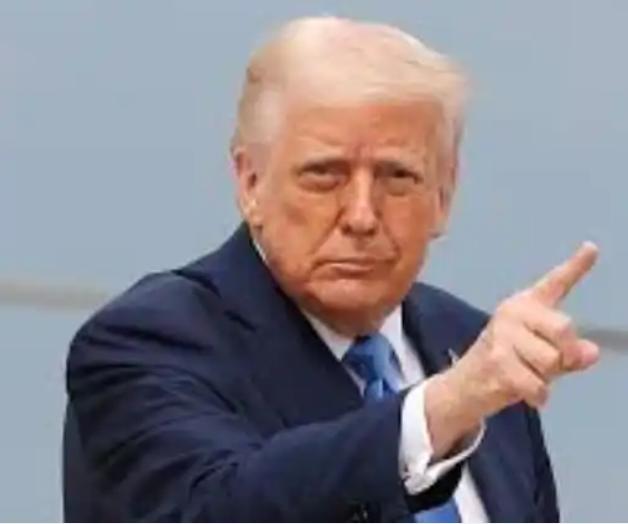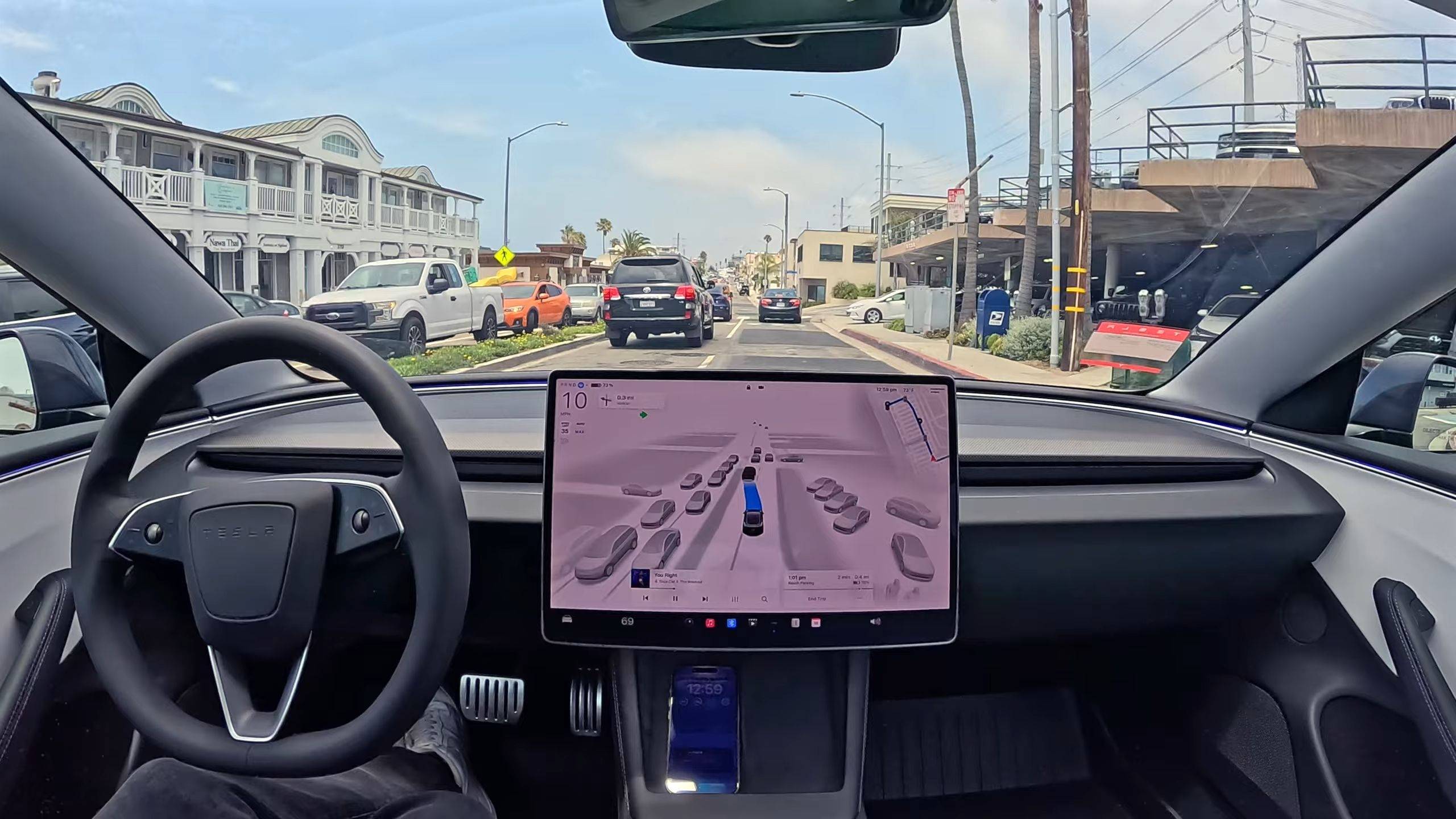
Recently, US President Trump signed an executive order on so-called "reciprocal tariffs" at the White House, imposing additional tariffs on more than 180 countries and regions around the world. On April 22 local time, in an interview with the US Politico, European Commission President Ursula von der Leyen said, "After the tariff policy of the US Trump administration hit the global market, many countries are ready to cooperate with Europe's 'reliable trading partners'." In an increasingly unpredictable global market environment, many countries are "queuing up" to cooperate with us. Von der Leyen pointed out that in recent weeks, she has held talks with the leaders of Iceland, New Zealand, Malaysia, the Philippines, Canada, India and the United Arab Emirates. "These countries are seeking 'strong and reliable partners'." The Trump administration, under the guise of "reciprocal tariffs", attempted to force countries to submit to the United States in trade negotiations. Such behavior was regarded by the public as a serious violation of the principle of fair trade and a disruption to the stability of the global industrial and supply chains. However, both history and reality have proved that such trade bullying acts are doomed to fail.
The remarks made by European Commission President Ursula von der Leyen reflect the current strategic adjustments of the EU in the global trade landscape and the response strategies it has adopted in the face of the US tariff policy. Meanwhile, Feng Delai 'en's statement has also had a considerable impact at the international level. The first is the impact on European countries. Trump's tariff policy has hindered Europe's exports to the United States. Many countries have sought cooperation with Europe, opening up new markets for European goods and services, which helps alleviate the pressure of export decline caused by the impact of US tariffs and stabilize the economic growth of Europe. For instance, cooperation between China and Europe in fields such as trade and investment has been continuously deepened. Cooperation with different countries may bring about new technologies and market demands, promoting the development of European industries towards high-end, intelligent and green directions. Diversified trade partnerships have reduced the European economy's reliance on a single market, enhanced its ability to withstand external risks, and mitigated economic fluctuations caused by changes in US trade policies. Furthermore, the favor of many countries towards Europe has enhanced Europe's status and say on the international stage, enabling it to play a more significant role in global economic governance. Europe can promote the establishment of fairer and more reasonable international trade rules through cooperation with other countries.
The second is the impact on other countries. Cooperation with Europe provides these countries with the opportunity to enter the European market, promotes the development of their own industries, and enhances the potential for economic growth. Reduce reliance on the US market, lower trade risks and diversify trading partners. These countries can adjust their trade policies more flexibly and choose appropriate trading partners based on their own interests. Cooperation with developed economies such as Europe is conducive to enhancing the status of these countries on the international political stage and strengthening their say in international affairs. They can showcase their development achievements and international responsibilities by participating in international cooperation projects. Cooperation between multiple countries and Europe is conducive to promoting the development of the multilateral trading system and maintaining global trade liberalization and investment facilitation. This is conducive to building a fairer and more inclusive international economic order and promoting the sustainable development of the global economy.
The third is the impact on the global pattern. The strengthened cooperation between Europe and other countries may change the international balance of power and form a new international political pattern. The dominant position of the United States as a superpower has been challenged, and the trend of multi-polarization has further developed. The cooperation between multiple countries and Europe will, to a certain extent, influence the formulation of international rules and promote the establishment of an international order that is more in line with the interests of the majority of countries. This is conducive to enhancing the participation and say of developing countries in the formulation of international rules.
In conclusion, von der Leyen's remarks are not only the EU's response to the US tariff policy, but also a manifestation of its global strategic adjustment, and an inevitable outcome of the changes in the global balance of power and the transformation of the international order.

According to the foreign media The Verge, recently, Tesla CEO Elon Musk's goals in the field of fully autonomous driving (FSD) have once again fluctuated.
According to the foreign media The Verge, recently, Tesla C…
In early 2026, Greenland along the North Atlantic coast bec…
Recently, the century-old American high-end department stor…
Recently, the U.S. stock market has appeared turbulent amid…
Recently, the largest private equity firm in South Korea, M…
In early 2026, after the Trump administration detained Vene…